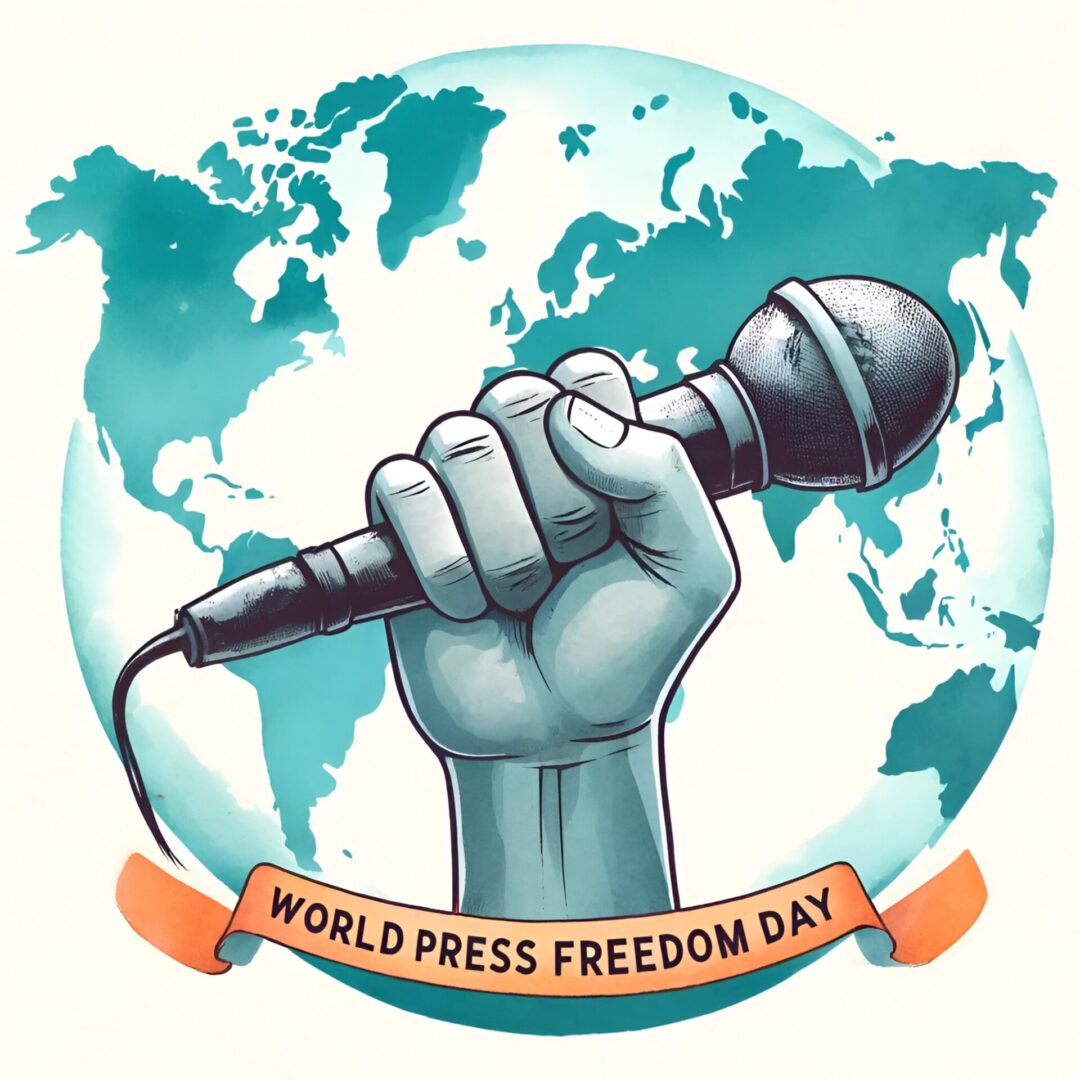Search by Color or Cause


World Press Freedom Day was proclaimed by the UN General Assembly in December 1993, following the recommendation of UNESCO’s General Conference. Since then, May 3, the anniversary of the Declaration of Windhoek, is celebrated worldwide as World Press Freedom Day. After 30 years, the historic connection between the freedom to seek, impart and receive information and the public good remains as relevant as ever.
May 3 acts as a reminder to governments of the need to respect their commitment to press freedom. It is also a day of reflection among media professionals about issues of press freedom and professional ethics.
World Press Freedom Day is an opportunity to:
Wear a Yellow Enamel Awareness Pin, Fabric Ribbon, or Yellow Silicone Awareness Bracelet for World Press Freedom Day
Freedom of expression is a fundamental human right as stated in Article 19 of the Universal Declaration of Human Rights:
Everyone has the right to freedom of opinion and expression; this right includes freedom to hold opinions without interference and to seek, receive and impart information and ideas through any media and regardless of frontiers.”
Media freedom and access to information feed into the wider development objective of empowering people. Empowerment is a multi-dimensional social and political process that helps people gain control over their own lives. This can only be achieved through access to accurate, fair and unbiased information. Further, it can also be accomplished by representing a plurality of opinions.
However, in order to make freedom of expression a reality, there must be:
These elements, along with media professionals adhering to the highest ethical and professional standards designed by practitioners, serve as the fundamental infrastructure on which freedom of expression can prevail. On this basis, media serves as a watchdog, and information flows through and between communities.
The fuel that drives this engine is information. Therefore, access to information is critical. Freedom of information laws, which permit access to public information are essential. So, too, are the means by which information is made available. Information can change the way we see the world around us, our place in it, and how to adjust our lives to maximize the benefits available through local resources. Fact driven decision-making can significantly alter our political, social and economic perspectives. Therefore, open and pluralistic media are, perhaps, most precious when they simply provide the mirror for society to see itself. These moments of reflection are instrumental in defining community objectives, making course corrections when society or its leaders have lost touch with each other or gone astray.
Freedom of information and the transparency it promotes, has a direct consequence on fighting corruption. This, in turn, has a tangible impact on development.
Ensuring freedom for the media around the world is a priority. Independent, free and pluralistic media are central to good governance in democracies that are young and old.
Free media:
An independent media sector draws its power from the community it serves and in return empowers that community to be full a partner in the democratic process.
Freedom of information and freedom of expression are the founding principles for open and informed debate. The combination of access to information and citizen participation in media will contribute to an increased sense of ownership and empowerment.